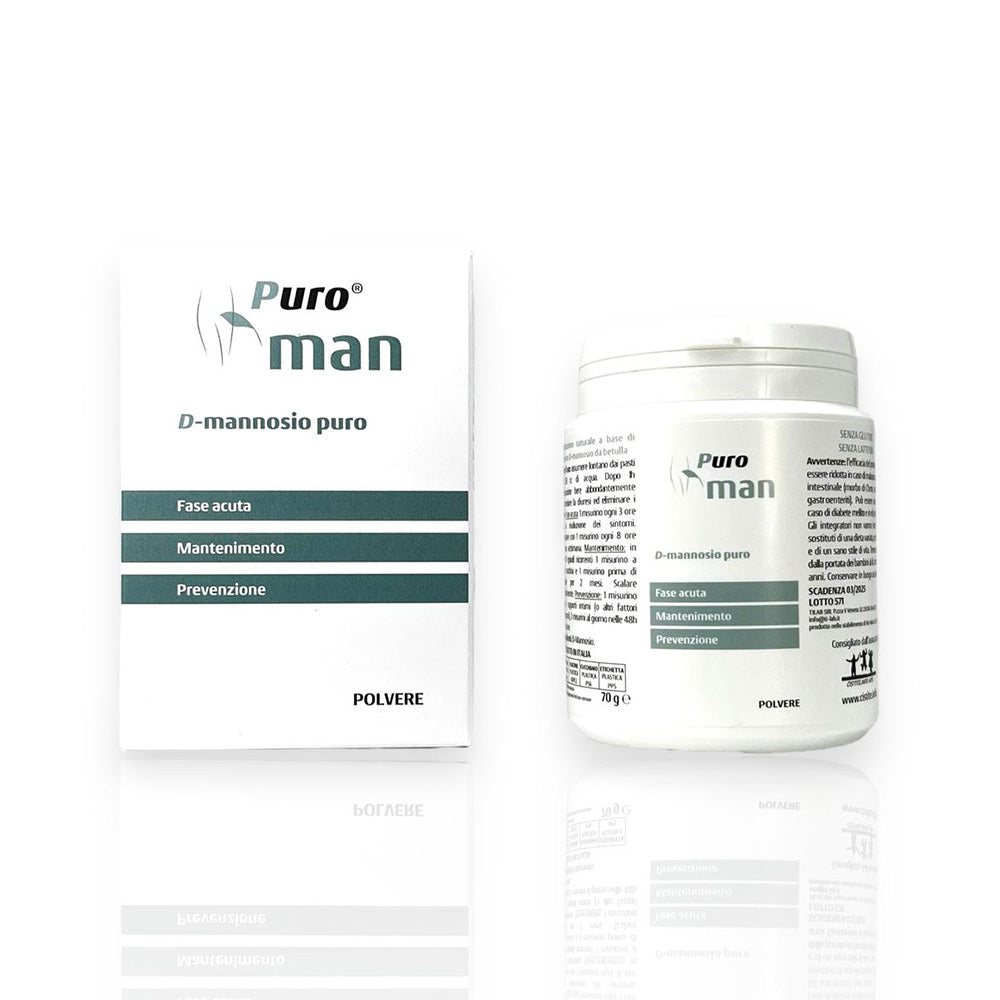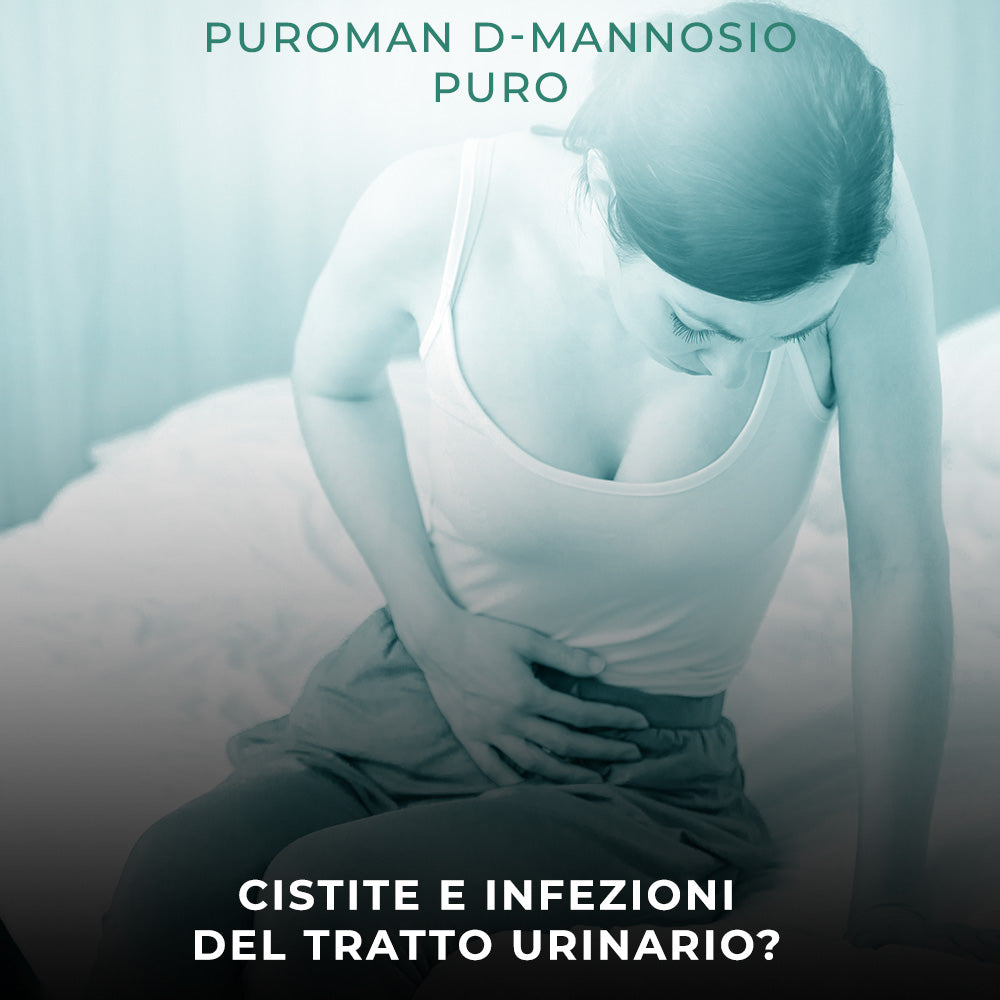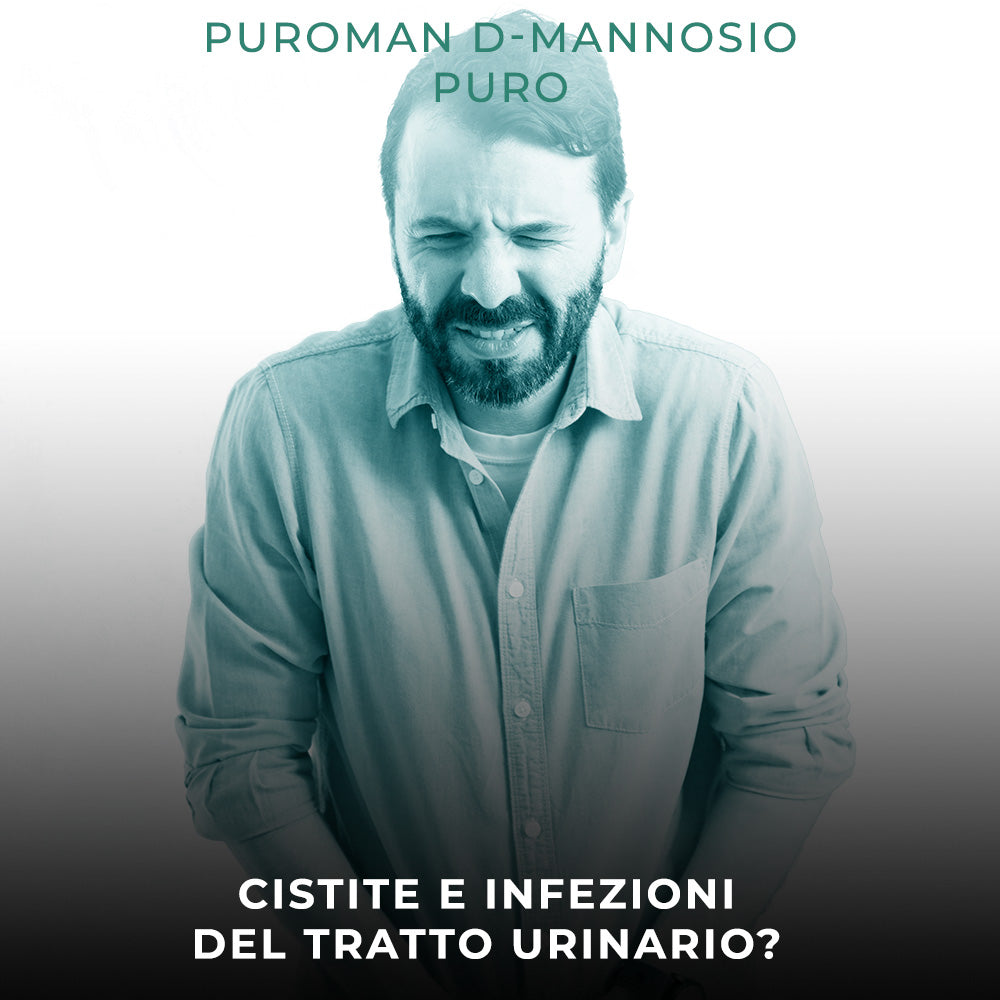The traditional treatment for cystitis is taking antibiotics: however, there are several other options to keep under control a problem that often causes a reduction in the quality of life for those who suffer from it recurringly. But what are the alternative and natural treatments for cystitis?
Those who suffer from it know it well: cystitis is a painful inflammation of the bladder (as the suffix –itis itself suggests, which in the medical field indicates pathologies of an inflammatory nature) that can appear sporadically in a person's life or transform into a recurring problem, which recurs with a more or less pressing frequency and also become an important factor in decreasing the quality of life for those who suffer from it.
When we talk about cystitis, we usually refer to women because, if it is true that men also suffer from it, it is equally true that in adulthood it is mainly the female sex that has to deal with this problem. It is a different story when we address children or the elderly, ages in which the incidence of the problem is similar between the two sexes.
Symptoms and causes of cystitis: from traditional to alternative and natural treatments
First of all, we can identify the most common symptoms of cystitis , the onset of which usually manifests itself with what patients identify as an “ intimate burning ” that is accompanied by difficulty urinating (dysuria), pain when urinating (stranguria), a feeling of a heavy bladder and constant urge to urinate (tenesmus) and also the presence of blood in the urine (hematuria). Some patients also complain of symptoms such as diarrhea, aching legs, nausea, fever and fatigue.
What are the causes behind the more or less frequent episodes of cystitis? It is important to know them in order to deal with them both by changing one's behavior and by setting up an adequate treatment, so as to limit both the frequency and the extent. Cystitis can have infectious causes (bacteria, viruses or fungi), therefore arising from a urinary tract infection, but also inflammatory causes even in the absence of bacteria (acidic urine, intake of irritating foods or drinks, oxalates and crystals in the urine, interstitial cystitis, etc.). Post-coital cystitis or also honeymoon cystitis occurs one to three days after sexual intercourse and is due to microlesions that form in the vaginal tissue during intercourse itself due to friction: these small lesions are fertile ground for the attachment of bacteria that can reproduce until they reach the bladder, causing cystitis.
Then there are cases in which the presence of even massive bacteria in the urine is not accompanied by inflammation (asymptomatic bacteriuria) and is usually not treated or, on the contrary, cases of false cystitis : pathologies that can be identified as cystitis and consequently treated as such, but which, not being in reality cystitis, do not benefit from treatment. We find in this group, for example, vulvodynia, vestibulodynia, contractures of the pelvic muscles, pelvic neuropathies, chronic pelvic pain, interstitial cystitis and pudendal neuralgia. This is a significant problem, because the incorrect identification of these problems and the consequent lack of adequate treatments translates into prolonged and useless therapies, with a significant reduction in the quality of life for those who suffer from them.
The traditional treatment for cystitis is antibiotic therapy : in fact, the antibiotic, by destroying the bacteria present in the bladder, also eliminates those that cause cystitis. On the other side of the scale, the destruction of the "good" bacteria that colonize the bladder, making the person more prone to relapses. Furthermore, antibiotics are active against bacteria, but not against fungi, which can actually proliferate as they no longer have to share the territory with bacteria.
Alternative and natural cures for cystitis
There are several alternative and natural treatments to keep cystitis under control and prevent it from recurring too frequently: we will address some of these in more detail in dedicated articles, but here is a list of the main indications.
D-Mannose , a plant-based sugar, for example, prevents bacteria from binding to the walls of the bladder and thus creating inflammation. From a mechanical point of view, it is important to learn to relax contracted muscles both through specific supplements (for example magnesium) and with dedicated exercises, but also to use specific vaginal lubricants during sexual intercourse. Furthermore, it is important that intestinal function is regular and to restore the vaginal bacterial flora.
Another suggestion, which may go against what we have always thought, is to use intimate cleansers only for the anal area , while for the genitals only water should be used so as not to alter the delicate vaginal pH.
Again, it would be better to prefer cotton pads and panty liners or to use a menstrual cup, not to wear thongs and to avoid estrogen-progestin hormone therapies (the classic pill, but also patches, coils, rings and others) preferring other contraceptive methods.






